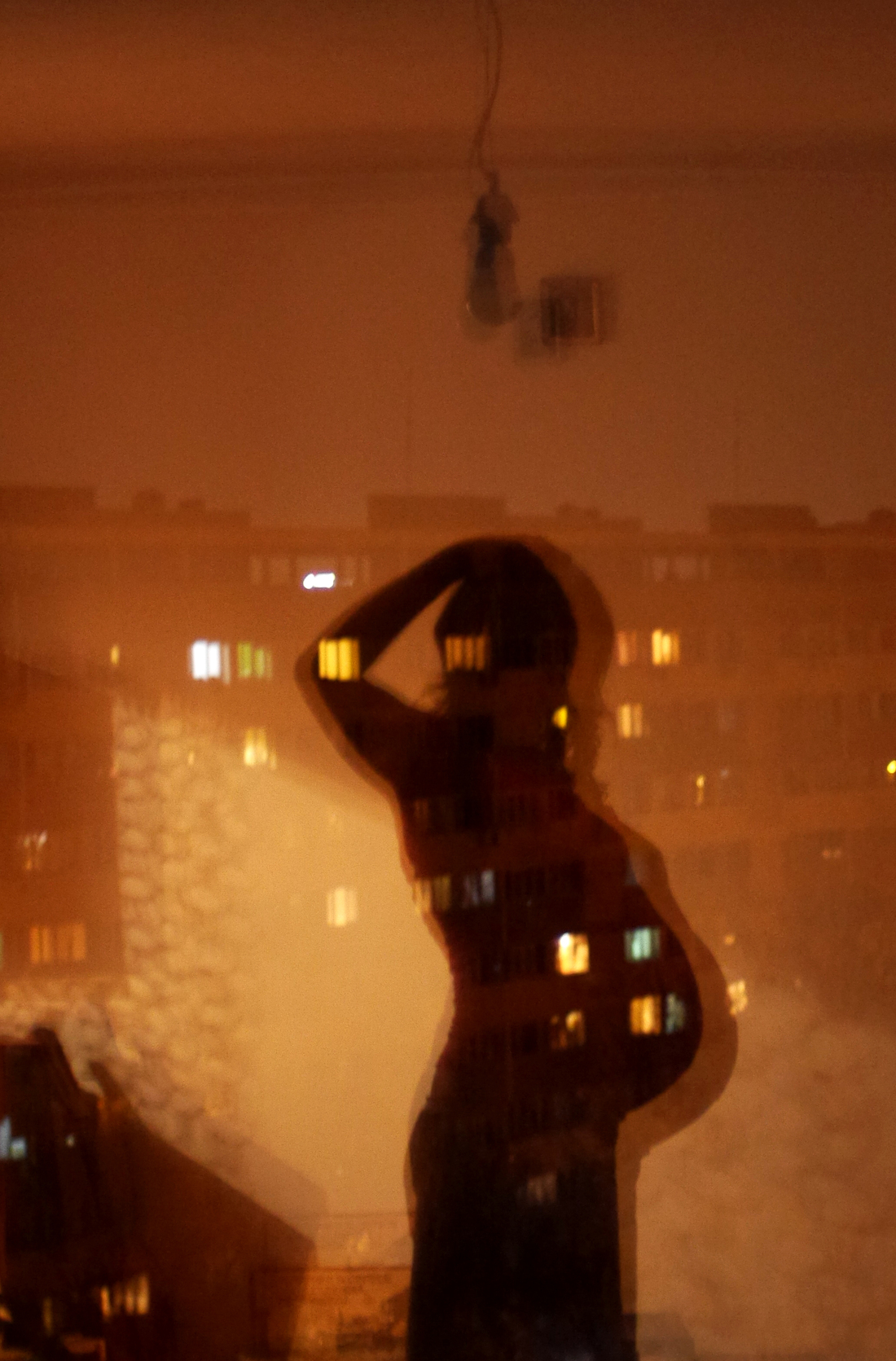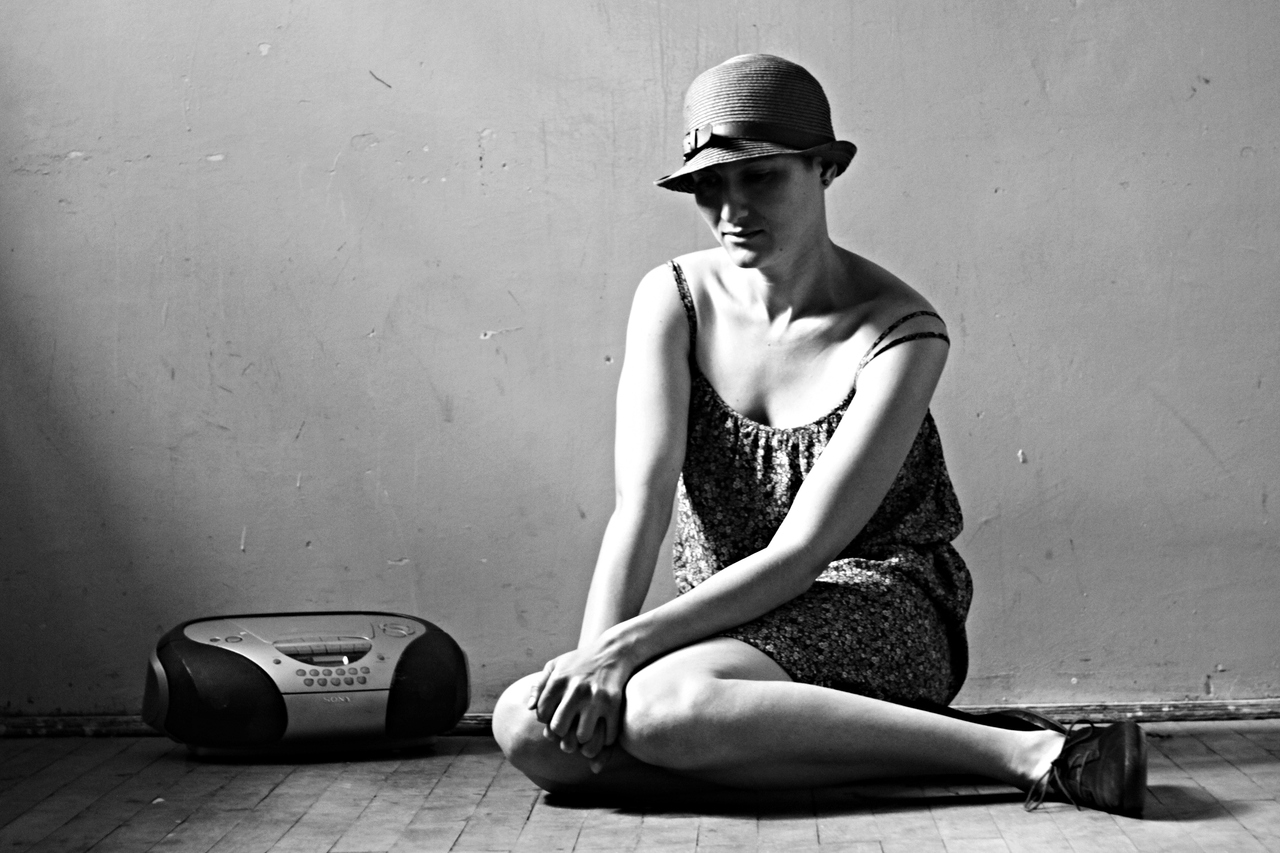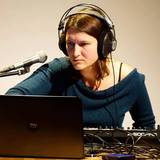
Photo: Maria Balabaș
Three months have passed since this moment. When the news started to look really bad, we took the decision to isolate ourselves even more and moved to the countryside. I spent my time mainly inside our house, having 24 hours/7 days my child near me. While I was feeding him, I checked my facebook page, witnessing the avalanche of cultural and musical information. Looked like suddenly everybody read Shakespeare while writing an essay about Hermitage and still having energy to listen and talk seriously about some obscure jazz drumming. From where I was, it looked like the world turned upside down and there was a massive need for the highest culture humankind ever created. One could feel almost ashamed not to be willing to participate in this explosion of content, but it was not like I waited for this all my life or, at least, some years. But I’ve waited for my son 9 months and even longer than this. In another a-sync with the world at large, but discovering a new self-harmony, I left behind this sudden artsy boost and started developing my small, unnoticed, domestic language, call it experimental motherese. No need for Vibe FM this time.
Before birth I used to sing regularly, inventing my own “songs”, actually some modal monotonous melodic patterns with almost no rhythm, just a support for some long vowels repeated minutes after minutes. With my son near me, the soundscape changed radically and instantly. Now, I cannot locate anymore that affect inside me; I cannot find the voice that followed only my inner imaginarium, creating those very slow and continuous clouds of sounds.
Countryside and motherhood are gently forcing me to be rhythmical and repetitive. The house, the garden, the child, the weather – all these are following certain rhythmic patterns that one needs to understand and use in order to create a life and a home. Listening to the radio, making the fire, preparing the food, planting the garden, talking walks, talking to the child, bathing the child, washing clothes; in this realm, you have the sensation of living inside a baroque piece with a basso continuum on top of which every little variation of habit or affect is noticeable.
My motherese is also about rhythm. It consists now in a mixture of onomatopoeic sounds, almost operatic expressions, dramatised folkloric elements, some jazzy accents, small words rhymes, daily melodic stories – all these tied up in some simple repetitive rhythms. My child needs rhythm, it makes him react very clearly and joyously so my singing becomes more and more dynamic, changing rapidly from one sound-event to another or going on for minutes repeating some sound structures he seems to enjoy. But everything needs to be clearly rhythmical, otherwise I lose his attention. This is why he might prefer hip hop over Mozart for the moment…
I am spending hours singing and talking to my son and it becomes clear that in these months we both enlarged our repertoires. His father and I discovered we can produce a large palette of sounds to communicate with our boy, all the sounds rejected from normal social communication, but very useful to cheer up this little buddy. His father’s specialisations are beat boxing and drones. I am diving into a more theatrical language.


